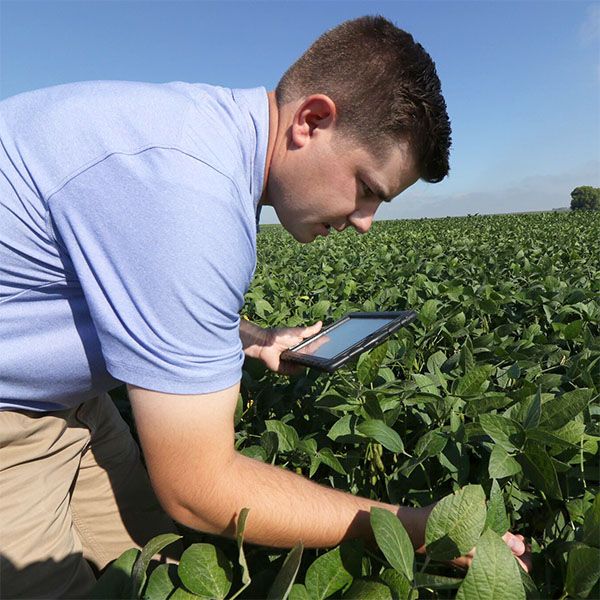Domestic fuel delivery plays an essential role in ensuring that homes, farms, and rural businesses across the UK have access to reliable energy all year round. Whether it’s keeping households warm during cold winters or powering machinery in agricultural fields, timely fuel delivery has become a foundation of everyday life. As UK farming fuel demands rise alongside domestic consumption, the fuel delivery network continues to adapt, offering efficient, safe, and sustainable solutions for both sectors.
What Makes Domestic Fuel Delivery Vital for Homes and Farms?

In many parts of the UK, particularly in rural and off-grid areas, domestic fuel delivery is more than just a convenience—it’s a necessity. Unlike urban areas connected to the gas grid, rural homes often depend on heating oil, kerosene, or renewable alternatives for heating and hot water. Domestic suppliers ensure that these fuels are delivered promptly and safely, keeping homes warm and comfortable throughout the year.
However, the same delivery networks also support farms and small rural businesses that rely on UK farming fuel for tractors, generators, and other essential equipment. The interconnectedness of domestic and agricultural fuel delivery ensures that energy reaches every corner of the countryside, supporting both residential living and the agricultural economy simultaneously.
How Does Domestic Fuel Delivery Support UK Farming Fuel Operations?

Agriculture forms the backbone of the UK’s rural economy, and fuel delivery is a critical part of keeping that backbone strong. Farms depend on regular deliveries of UK farming fuel to power tractors, irrigation systems, grain dryers, and other vital machinery. Without consistent supply, operations could face costly downtime, especially during key seasons like planting and harvest.
Domestic fuel suppliers often extend their services to farms, coordinating deliveries that align with agricultural schedules and weather conditions. This flexibility helps farmers focus on productivity rather than worrying about fuel shortages. Reliable domestic fuel delivery systems ensure that energy is available on demand, whether it’s for heating rural homes or keeping farming operations in motion.
Why Is Reliability a Key Factor in Domestic Fuel Delivery?

Reliability is at the core of any successful fuel delivery service. For households, it means peace of mind knowing that heating oil will arrive before the tank runs empty. For farms, it means avoiding disruptions that can halt production. Domestic suppliers use advanced logistics systems to monitor fuel usage patterns and optimize delivery routes across the UK.
These suppliers often employ smart technologies such as automated tank monitoring and predictive scheduling to ensure timely deliveries. As a result, both homeowners and farmers benefit from uninterrupted access to essential fuels. In rural parts of the UK, where UK farming fuel is in constant demand, this reliability directly supports productivity, sustainability, and comfort.
How Are Domestic Fuel Suppliers Embracing Sustainability?
Sustainability has become a central theme in the UK’s energy strategy, and domestic fuel suppliers are evolving to meet this challenge. Many are introducing renewable fuel options such as Hydrotreated Vegetable Oil (HVO), which offers a cleaner alternative to traditional fossil fuels. This shift helps reduce carbon emissions and aligns with the government’s goal of achieving net-zero emissions by 2050.
For the agricultural sector, using renewable fuel alternatives not only supports environmental goals but can also enhance efficiency. The crossover between UK farming fuel and domestic energy supply shows how sustainability can unite both sectors under a shared mission for cleaner energy.
Domestic suppliers are also improving their delivery fleets with low-emission vehicles and efficient routing systems to minimize their carbon footprint. These collective efforts are transforming fuel delivery into a more sustainable, forward-thinking industry.
How Does Technology Enhance Domestic Fuel Delivery Efficiency?

Technology has revolutionized how domestic fuel delivery operates in the UK. Online ordering systems, digital payment options, and smart tank sensors make the process smoother and more user-friendly. Homeowners can schedule deliveries or check fuel levels with just a few clicks.
For farms, technology plays an even greater role. Predictive data systems allow suppliers to estimate UK farming fuel needs in advance, ensuring that deliveries are perfectly timed with agricultural cycles. This combination of digital tools and efficient logistics strengthens the reliability and responsiveness of domestic fuel delivery services.
What Does the Future Hold for Domestic Fuel Delivery in the UK?

The future of domestic fuel delivery lies in innovation and sustainability. As energy consumption patterns evolve and environmental awareness grows, suppliers are working to provide cleaner fuels and smarter delivery systems. The partnership between domestic energy supply and UK farming fuel operations will continue to drive the sector forward, ensuring that both homes and farms benefit from reliable, cost-effective, and eco-conscious fuel solutions.
In the years ahead, domestic fuel delivery in the UK will play an even more significant role in balancing comfort, productivity, and sustainability. Whether it’s heating a countryside home or fueling the tractors that feed the nation, this vital service keeps the heart of rural Britain beating strong.









